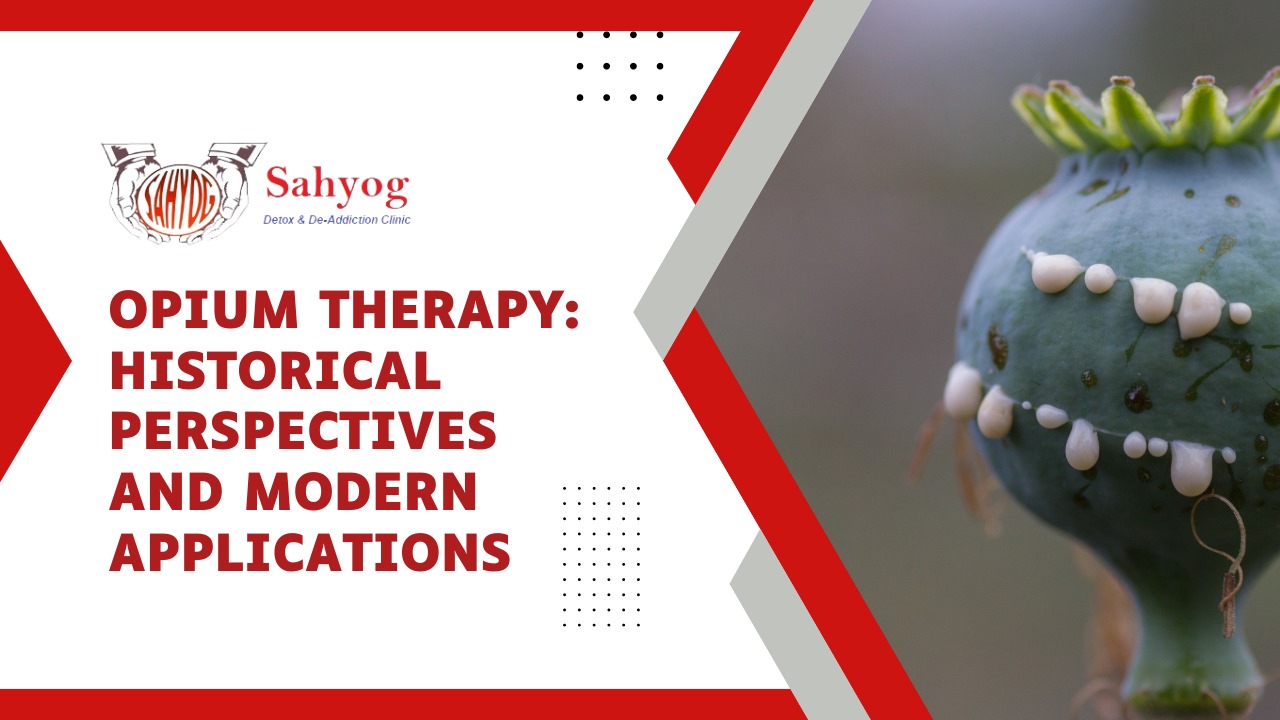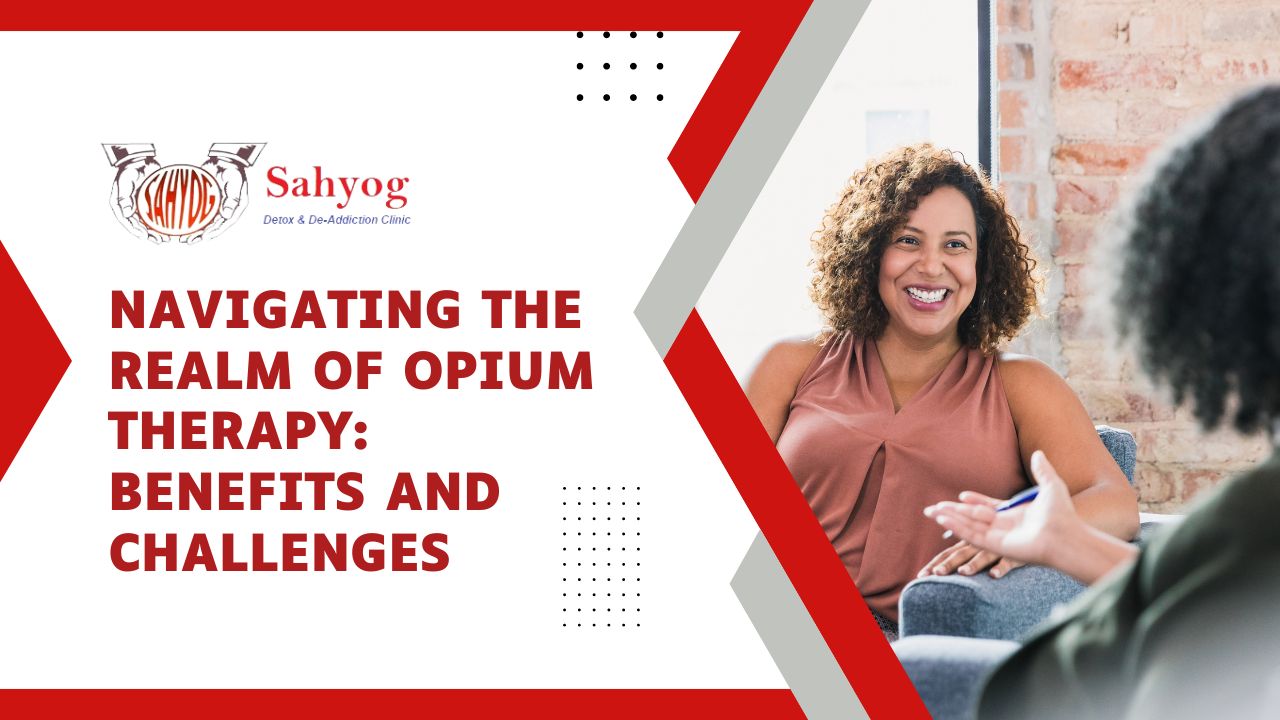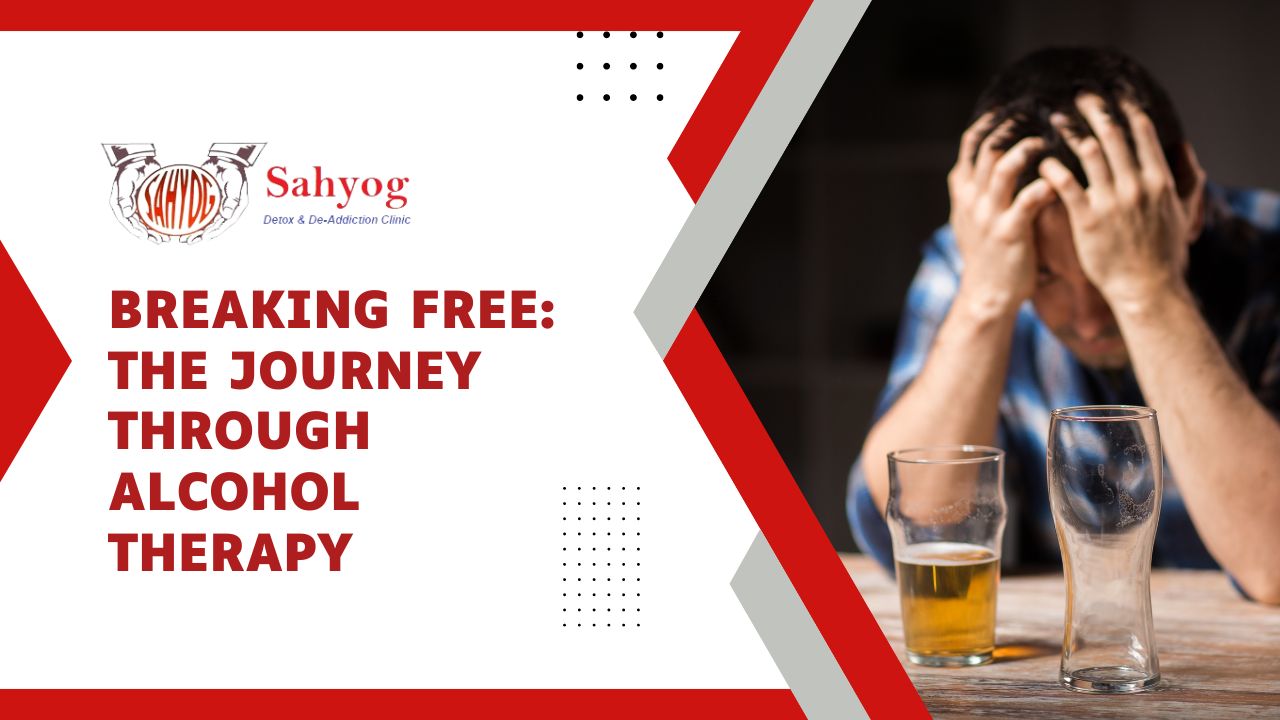
Comprehensive Care
Empowering Recovery at Sahyog Clinic
At Sahyog Clinic, we offer a holistic, integrative approach to addiction treatment. Our dedicated team of professionals provides personalized care to help individuals achieve lasting recovery from drug and alcohol addiction.
Founded by a medical doctor with firsthand experience of addiction recovery, Sahyog Clinic combines medical, psychological, and lifestyle therapies. Our goal is to empower patients to reclaim their lives in a supportive and compassionate environment.
- Holistic Healing
- Expert Collaboration
- Personalized Care
- Safe Environment

Empowering Lives Through Compassionate Care


Empowerment First
We treat people by empowering them
At Sahyog Clinic, Delhi’s leading rehabilitation center, we pride ourselves on a higher-than-average success rate, achieved through key principles like collaboration with medical professionals and comprehensive care. We address both addiction and related medical issues, providing a holistic and personalized treatment approach. Our multidisciplinary team ensures that each patient’s unique needs are met, coordinating with referring doctors and maintaining detailed medical histories for continuity of care. Our goal is to empower patients towards sustainable recovery through an integrated, expert-driven process.
For Any Emergency Case
Call us at: +919899312156
Book With Us Now
Our Vision
At Sahyog Clinic, our vision is to empower as many individuals as possible to overcome addiction and reclaim their lives. We aim to provide a safe, welcoming, and respectful environment where alcoholics and addicts can learn the tools of recovery and achieve sustainable sobriety. Our holistic program of total healing integrates the language of recovery, philosophy, and psychology, and is built around four core elements:
- Medical/Psychotherapy Core: Utilizing the latest integrative medical approaches and top psychotherapeutic modalities.
- Lifestyle Core: Focusing on fitness, wholesome eating, stress management, and spiritual reflection to promote a balanced and fulfilling life.
- Complementary Medicine Core: Supporting recovery through acupuncture, homeopathy, yoga, Pilates, Tai Chi, and meditation.
- Environmental Core: Providing 24/7 nursing care in a luxurious, safe, and supportive community setting.

Holistic Approach
The Rationale for Comprehensive Addiction Treatment
Effective addiction treatment requires the integration of various specialists and facilities due to the diverse and chronic nature of medical issues involved. Successful outcomes are achieved through a coordinated network of clinical specialists, rehabilitation centers, therapists, and support groups, addressing all facets of addiction and its consequences comprehensively. A well-organized approach ensures all aspects of care are interconnected and continuously supportive.
Many treatment centers operate in isolation, leading to suboptimal care and gaps in addressing complex medical and psychological needs. At Sahyog Clinic, we emphasize systematic, coordinated care, integrating multiple specialists and therapies. Our holistic approach ensures that every aspect of a patient’s health is managed effectively, bridging gaps between different types of care to enhance long-term recovery and overall well-being
Book With Us Now
Get an Appointment

Psycologist
Branches
Patients
Achievements
Articles & Tips
Latest News & Blogs

Opium Therapy: Historical Perspectives and Modern Applications
Introduction to Opium Therapy Welcome to a journey…
Read More
Navigating the Realm of Opium Therapy: Benefits and Challenges
Introduction to Opium Therapy Welcome to the intriguing…
Read More
Breaking Free: The Journey through Alcohol Therapy
Are you ready to break free from the…
Read MoreSubscribe To Our Newsletter
At Sahyog Clinic, we offer a holistic, integrative approach to addiction treatment…. Read More
About Us
Our Services
Contact Info
- +91 98993 12156
- drgautambhatia@gmail.com
- 202, Varun Farm, Gaushala Road, Satbari, Chhatarpur, New Delhi - 110074
